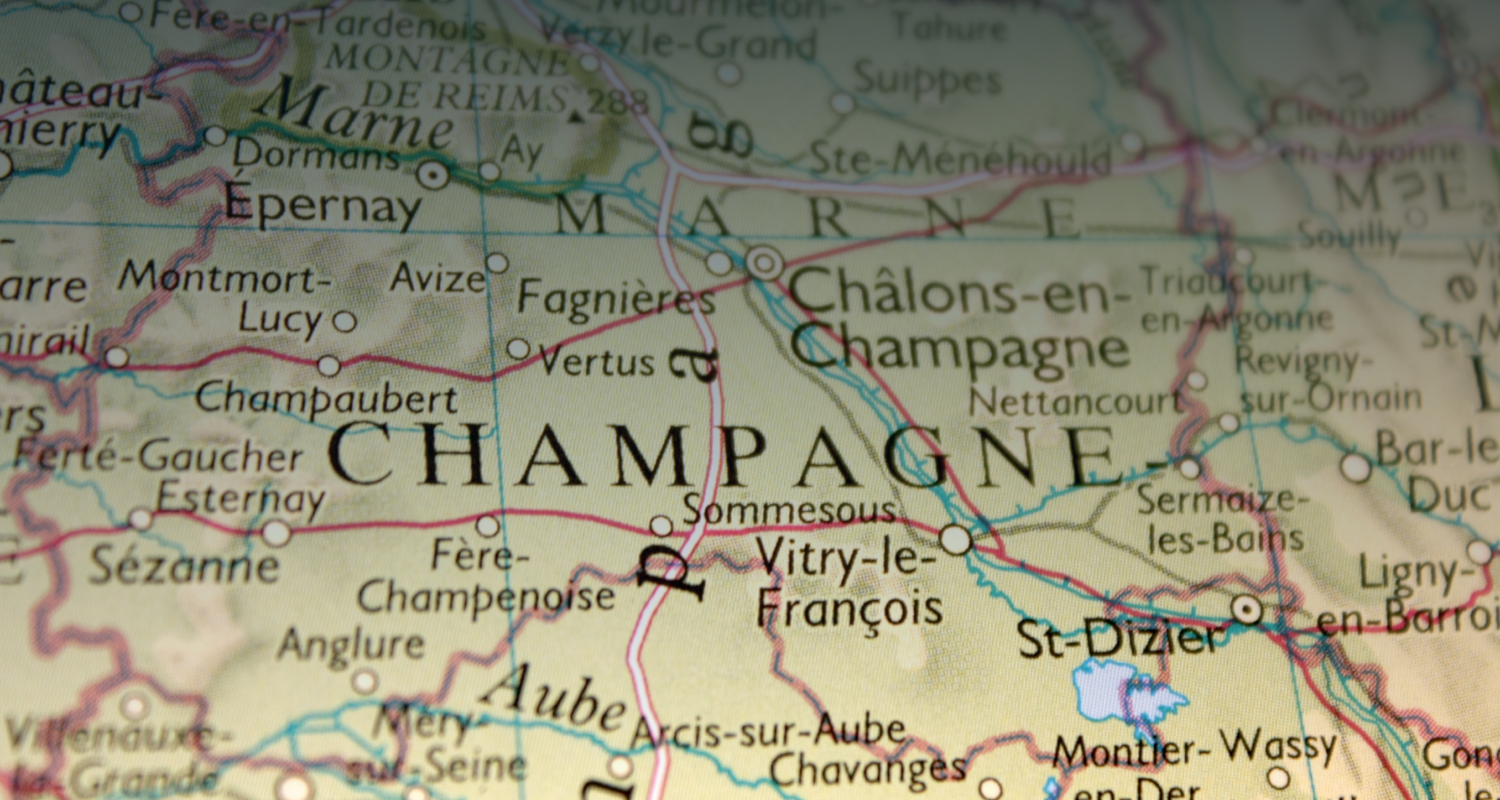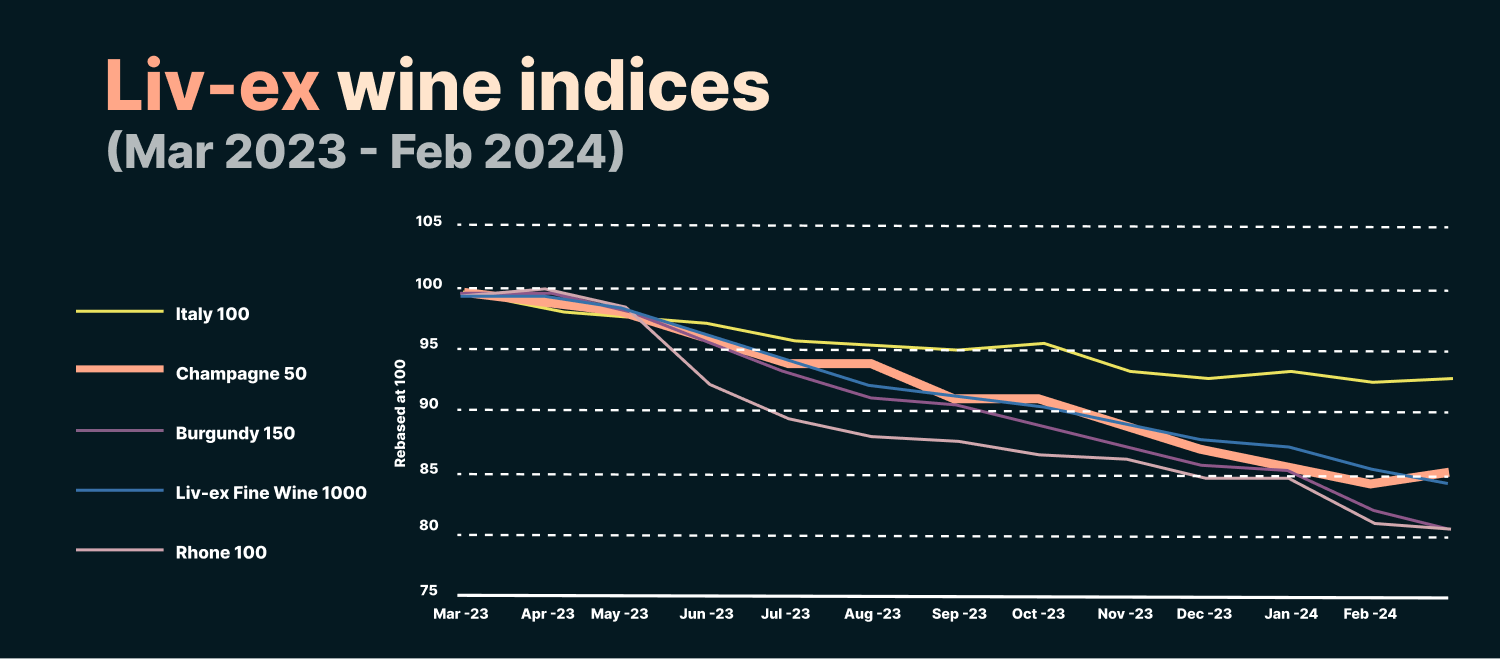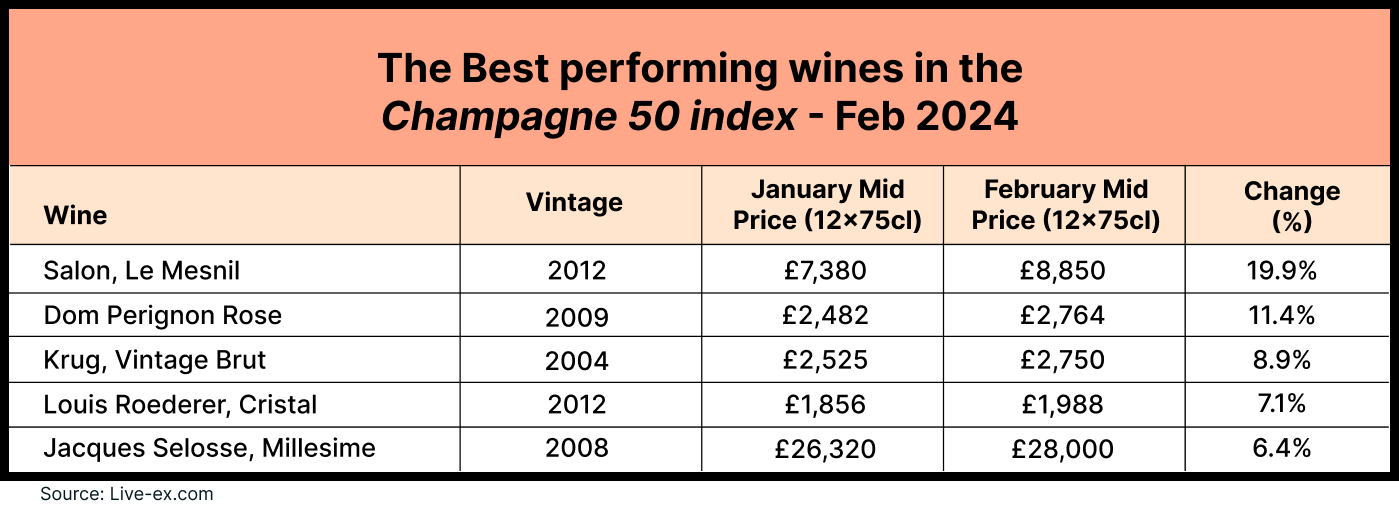This website uses cookies
We use cookies to personalise content and ads, to provide social media features and to analyse our traffic. We also share information about your use of our site with our social media, advertising and analytics partners who may combine it with other information that you’ve provided to them or that they’ve collected from your use of their services.
Cookie Policy
What are cookies?
A cookie is a small text file that a website stores on your computer or mobile device when you visit the site.
- First party cookies are cookies set by the website you're visiting. Only that website can read them. In addition, a website might potentially use external services, which also set their own cookies, known as third-party cookies.
- Persistent cookies are cookies saved on your computer and that are not deleted automatically when you quit your browser, unlike a session cookie, which is deleted when you quit your browser.
Every time you visit our websites, you will be prompted to accept or refuse cookies. The purpose is to enable the site to remember your preferences (such as user name, language, etc.) for a certain period of time. That way, you don't have to re-enter them when browsing around the site during the same visit.
Cookies can also be used to establish anonymised statistics about the browsing experience on our sites.
How do we use cookies?
Currently, there are four types of cookies that may be generated as you browse our site: Strictly Necessary, Statistics, Preference and Marketing cookies.
1. Strictly Necessary Cookies
These cookies are essential for you to browse the website and use its features, such as accessing secure areas of the site. Cookies that allow web shops to hold your items in your cart while you are shopping online are an example of strictly necessary cookies. These cookies will generally be first-party session cookies. While it is not required to obtain consent for these cookies, what they do and why they are necessary are explained in the table below.
How do I control Strictly Necessary Cookies?
You can use your browser settings to control whether or not we set session cookies. More information on your browser settings is provided at the bottom of this page.
Please be aware that these cookies are critical to the efficient working of the site. If you choose to disable these cookies from this site, the functionality of the site may be greatly reduced.
2. Statistics Cookies
Also known as "performance cookies," these cookies collect information about how you use a website, like which pages you visited and which links you clicked on. None of this information can be used to identify you. It is all aggregated and, therefore, anonymized. Their sole purpose is to improve website functions. This includes cookies from third-party analytics services as long as the cookies are for the exclusive use of the owner of the website visited.
Statistical information is used in reports and to improve our site. For example, we have used analytics data to add, remove or change features of the site based on how popular they are with users.
We track, for example:
- the numbers of visitors to individual pages;
- when pages were visited;
- how long users stayed on the page;
- the IP address of the user of the website;
- the page they came from;
- technical data about the device being used to browse the site (such as browser and operating system version, and display size) — we use this data to ensure that the technology our site uses is appropriate for the majority of our users, and how best to display the site for users who have less capable browsers.
More information about Statistics cookies
We use cookies from different partners including Google to provide our analytics data. You can read more about how Google Analytics treats your data on their web site. You can also read Google's full privacy policy.
How do I control Statistics cookies?
Google provides a tool to opt-out of Google Analytics. This is available for all modern browsers in the form of a browser plugin. Additionally, you can control how cookies are set using your browser settings.
3. Preference cookies
Also known as "functionality cookies," these cookies allow a website to remember choices you have made in the past, like what language you prefer, whether you have accepted our cookie policy, what region you would like weather reports for, or what your user name and password are so you can automatically log in.
4. Marketing cookies
The advertisements you see displayed on this, and other, sites are generated by third parties. These services may use their own anonymous cookies to track how many times a particular ad has been displayed to you and may track your visits to other sites where their ads are displayed. Please note that advertisers can only track visits to sites which display their ads or other content. This tracking is anonymous, meaning that they do not identify who is viewing which ads.
Tracking in this manner allows advertisers to show you ads that are more likely to be interesting to you, and also limit the number of times you see the same ad across a wide number of sites. As an example of how advertisers operate, if you recently researched holidays, adverts for holiday operators may subsequently appear on our sites.
We do not have access to, or control over, these third party cookies; nor can we view the data held by these advertisers. Online advertisers provide ways for you to opt-out of your browsing being tracked. More information about the advertisers we use, and how to opt-out, is provided below.
Youtube
We display clips from Youtube related to our purchase opportunities. You can view Youtubes's privacy policy on their website. This page also allows you to control what cookies YouTube saves on your computer.
We work with Google to optimise how Google ads are displayed. You can discover how Google protects your privacy relating to ads at its privacy policy.
Cookie Table of our cookies
Cookies you may see used on konvi.app
| Cookie name | Default expiration time | Purpose | Description |
|---|---|---|---|
| _fbp | 3 months | Marketing cookies | Facebook: to store and track visits across websites. |
| _ga | 2 years | Statistics cookies | Google Analytics: to store and count pageviews. |
| _gat_UA-* | 1 minute | Statistics cookies | Google Analytics: functional |
| _gid | 1 day | Statistics cookies | Google Analytics: to store and count pageviews. |
| _iub_cs-* | 1 year | Preferences cookies | iubenda: to store cookie consent preferences. |
| euconsent-v2 | 1 year | Preferences cookies | To store cookie consent preferences. |
| referrerReferralId | 1 browser session | Strictly necessary cookies | Track user referrals |
| t_gid | 1 year | Marketing cookies | Taboola: assigns a unique User ID that allows Taboola to recommend specific advertisements and content to this user |
| APISID | 2 years | Marketing cookies | Youtube: Google Ads Optimization |
| HSID | 2 years | Marketing cookies | Youtube: to provide fraud prevention |
| LOGIN_INFO | 2 years | Marketing cookies | Youtube: to store and track visits across websites. |
| PREF | 2 years | Marketing cookies | Youtube: to store and track visits across websites. |
| SAPISID | 2 years | Marketing cookies | Youtube: Google Ads Optimization |
| SID | 2 years | Marketing cookies | Youtube: to provide ad delivery or retargeting, provide fraud prevention. |
| SIDCC | 1 year | Marketing cookies | Youtube: to provide ad delivery or retargeting, provide fraud prevention. |
| SSID | 2 years | Marketing cookies | Youtube: to provide ad delivery or retargeting, provide fraud prevention. |
| VISITOR_INFO1_LIVE | 1 year | Strictly necessary cookies | Youtube: to provide bandwidth estimations. |
| YSC | 1 browser session | Marketing cookies | Youtube: to store a unique user ID. |
| __Secure-1PAPISID | 2 years | Marketing cookies | Youtube: Google Ads Optimization |
| __Secure-1PSID | 2 years | Marketing cookies | Youtube: to provide ad delivery or retargeting, provide fraud prevention. |
| __Secure-3PAPISID | 2 years | Marketing cookies | Youtube: Google Ads Optimization |
| __Secure-3PSID | 2 years | Marketing cookies | Youtube: to provide ad delivery or retargeting, provide fraud prevention. |
| __Secure-3PSIDCC | 1 year | Marketing cookies | Youtube: to provide ad delivery or retargeting, provide fraud prevention. |
| IDE | 1.5 years | Marketing cookies | doubleclick: serving targeted advertisements that are relevant to the user across the web. |
| RUL | 1 year | Marketing cookies | doubleclick: serving targeted advertisements that are relevant to the user across the web. |
| variant | 1 browser session | Strictly necessary cookies | For providing targeted content to users |
| cookie_consent | 1 year | Strictly necessary cookies | For persisting cookie consent |
| 1P_JAR | 1 month | Marketing cookies | Google: optimize advertising, to provide ads relevant to users |
| NID | 1 month | Marketing cookies | Google: to provide ad delivery or retargeting, store user preferences |
Removing cookies from your device
You can delete all cookies that are already on your device by clearing the browsing history of your browser. This will remove all cookies from all websites you have visited.
Be aware though that you may also lose some saved information (e.g. saved login details, site preferences).
Managing site-specific cookies
For more detailed control over site-specific cookies, check the privacy and cookie settings in your preferred browser
Blocking cookies
You can set most modern browsers to prevent any cookies being placed on your device, but you may then have to manually adjust some preferences every time you visit a site/page. And some services and functionalities may not work properly at all (e.g. profile logging-in).
Further help
If you still have any concerns relating to our use of cookies, please contact us at support@konvi.app
Investing in Champagne! Leveraging low prices in the current market
Nikkan Navidi•1.11.2024
Champagne, a symbol of luxury and celebration, transcends the world of wine through its rich history, unique production methods, and undeniable cache. This article delves into the essence of Champagne, from its exclusive designation to its profound cultural significance, and examines its potential as a valuable investment asset.
What Makes Champagne Exclusive?
Champagne's exclusivity is rigorously protected; only sparkling wine produced within the Champagne region of France, using specified methods and grape varieties, can bear the name. This designation is safeguarded under the European Union's Protected Designation of Origin (PDO) guidelines. Unlike Prosecco or Cava, which are produced through different methods and regions, Champagne benefits from a combination of unique environmental conditions and centuries-old traditions that contribute to its distinctiveness and prestige.
Why Is the Champagne Region Unique?
Nestled in the northeastern part of France, the Champagne region boasts a cool climate and distinctive chalky soil which are ideal for producing the Chardonnay, Pinot Noir, and Pinot Meunier grapes used in Champagne. These conditions contribute to the grapes' necessary high acidity and complex flavors. The traditional "méthode champenoise," a labor-intensive process involving secondary fermentation in the bottle, imparts Champagne with its characteristic effervescence and depth of flavor. These geographically tied production techniques ensure that Champagne maintains its unique status in the world of sparkling wines.

How Did Champagne Gain Its Prestige and Value?
Champagne’s ascent to prestige and value is deeply entrenched in its historical and cultural significance, particularly in Europe. The journey began with its introduction by the Romans, who were the first to plant vineyards in the region. However, it was during the reign of the French kings that Champagne truly began to sparkle on the world stage. The tradition of using Champagne to celebrate the coronation of French monarchs in Reims, the region's historic capital, imbued it with royal connotations and luxurious allure.
This royal endorsement elevated Champagne's status, linking it to wealth, power, and celebration. Over the centuries, this connection was reinforced at state functions and significant social events, affirming its place as the quintessential beverage of celebration and success. These events helped cement its high-profile image and spurred demand among the aristocracy and emerging bourgeoisie who sought to emulate the opulence associated with Champagne.
The prestige of Champagne was further magnified by its association with significant historical events and figures, who chose it as their preferred symbol of triumph and grandeur. This historical pedigree, combined with unique production methods exclusive to the region, has perpetuated Champagne’s reputation as a luxury product, not just a wine, granting it unparalleled status in the world of sparkling beverages.

Why is Champagne used to Celebrate?
Historically, Champagne has been an integral part of state functions and royal gatherings, symbolizing celebration and triumph. Its presence at major historical events, such as the signing of pivotal treaties or the crowning of monarchs, has cemented its status as a drink of the elite. However, there are more subconscious reasons we might stick to sparkling wine and especially champagne to celebrate:
- Symbol of Luxury and Success: Its association with success and affluence makes champagne the go-to choice for toasting achievements and significant life events.
- Sensory Celebration: The iconic pop of the cork and the sparkling bubbles create a festive sensory experience, making champagne synonymous with celebration.
- Social and Psychological Impact: Sharing a bottle symbolizes unity and joy, ingraining champagne in cultural traditions as a key component of celebrations.

Champagne's Economic Journey and Market Influence
Champagne's Economic Journey and Market Influence have been marked by significant fluctuations over the past two decades, particularly influenced by global economic events and changing consumer preferences. After the financial crisis of 2009, the Champagne industry experienced a slow recovery, affected by cautious consumer spending and shifting market dynamics. Despite these challenges, the industry saw periods of robust growth, driven by strong branding and luxury positioning leading to global market sale highs in 2022.
The recent years following the pandemic, however, have shown a more troubling trend for the industry. Champagne sales faced consistent declines, with a notable reduction of 14 consecutive months leading to a significant decrease in sales volume and value. In the first quarter of this year, Champagne sales amounted to 67.4 million bottles, a sharp fall from 81.2 million bottles in the same period the previous year, marking a decrease of 17.1%. This decline is not an isolated incident; it continues from a previous 8.2% drop in volume sales in 2023, where sales fell from 325.5 million bottles in 2022 to 299 million.

This downward trend can be attributed to a combination of factors. The global economic climate, with its geopolitical tensions and macroeconomic challenges, has dampened the celebratory spirit traditionally associated with Champagne, leading to decreased consumer enthusiasm for luxury purchases like Champagne. The region itself, famed for its unique climate and historical production techniques, has not been immune to the adverse effects of climate change, with poor weather conditions in 2024 further impacting grape yields and quality.
Moreover, the luxury drink's ties to celebration have made it particularly vulnerable to periods of global unrest and economic downturn. Historical events show that Champagne's market resilience is closely tied to global economic health. Despite these challenges, the Champagne industry's long-term strategies focus on maintaining the prestige and high-value perception of its products. The Comité Champagne has emphasized a long-term view focusing on maintaining quality and exclusivity rather than competing on volume, suggesting a strategic shift towards premiumization.
The focus on high-value cuvées and strategic market targeting, especially in emerging markets, may yet stabilize the industry and restore its growth trajectory in the coming years. On a good note, current market insights from Liv-Ex and particularly the Champagne 50 index offer a glimpse into a rising trend for the first time since the peak of the market in October 2022.
Experts have observed that Champagne was undervalued prior to the pandemic, became overvalued, and has now settled to a more appropriate valuation. This adjustment has been influenced by rising interest rates and reduced disposable incomes, leading to a 25% drop in the Liv-ex Champagne 50 index since its peak in October 2022, marking a period of heightened price volatility.
Historically, Champagne has been considered one of the most stable and low-risk regions for investment, consistently delivering robust returns. This stability is supported by the region's significantly larger production volumes compared to limited-supply wines like Bordeaux First Growths and Burgundy Grand Crus.

Is Champagne a Good Investment Right Now?
Despite a current slowdown in the sparkling wine market, the fundamental aspects that make Champagne a viable investment remain strong. Economic downturns and geopolitical tensions have temporarily affected consumer behaviour, yet Champagne's historical data suggests a strong potential for rebound. Especially, as wines and sparkling wines are recommended to be held for 5+ years before their sale, the current market dynamics could face a similar trajectory as in the years after the global financial crisis in 2009. The intrinsic qualities that define Champagne, combined with its limited production and global demand driven by a surge for luxury, particularly for iconic brands, underscore its potential for appreciation and resilience as an investment.
The Opportunity of Alternative Investments
High-net-worth individuals have long recognized the value of including alternative assets like fine art, luxury watches, and prestigious wines in their investment portfolios. Leading private equity firms such as KKR have also been increasingly turning towards alternative assets, against the traditional 60/40 allocation rule. Champagne, particularly rare vintages from celebrated houses, behaves similarly in the market. For example, specific vintages from producers like Krug or Dom Pérignon can show significant returns on investment due to their rarity and desirability. However, while it might seem intuitive to purchase any bottle from these brands, finding the ones with the highest investment potential requires high upfront capital,proper storage capabilities and the necessary expertise.
Conclusion
Champagne remains a distinctive symbol of sophistication and celebration. Its unique production, historical richness, and cultural significance enhance its appeal as an investment. While current market trends show a slowdown in sales, the long-term outlook for Champagne as an investment is promising. For those looking to diversify their portfolio and include assets with both tangible enjoyment and potential financial appreciation, Champagne offers a sparkling opportunity. As the market stabilizes and consumer confidence returns, Champagne is likely to regain its momentum, continuing its legacy as a luxury good with significant investment potential.
Note: this article only engages the opinion of its author and does not constitute financial advice.

